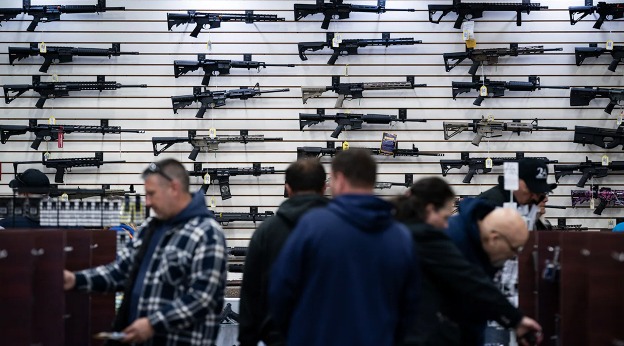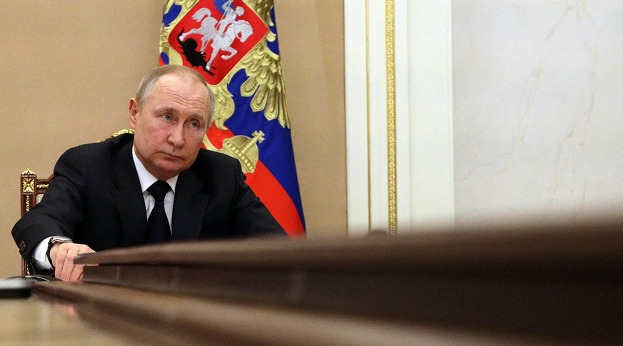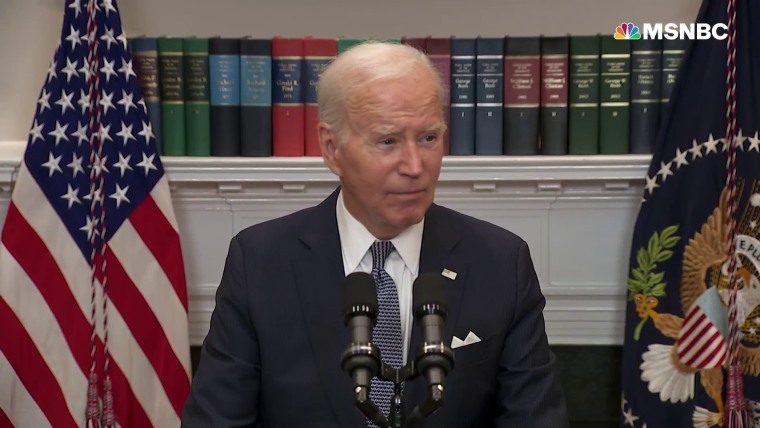Discover the Ideal Age for a President According to Americans
When it comes to the ideal age for a president, Americans have spoken. According to a recent Pew Research Center survey, nearly half of Americans (49%) believe that someone in their 50s is the best fit for the role. But that’s not all – let’s dive into the fascinating details.
Age Differences in Views of the Ideal Age for a President
It turns out that age plays a significant role in people’s preferences for a president’s age. Younger adults, those under the age of 30, are more favorable towards presidents in their 30s and 40s. In fact, a whopping 48% of them believe that this age range is ideal. On the other hand, only 6% of adults over the age of 50 share this view. It seems that the younger generation is looking for fresh and energetic leadership.
However, older adults have a different perspective. They prefer a president who is in their 60s or older. For example, 41% of adults in their 50s or older believe that this age range is ideal. In contrast, only 11% of adults in their 30s or younger agree. It seems that experience and wisdom are highly valued by the older generation.
Partisan Views of the Ideal Age for a President
When it comes to political affiliation, Democrats and Republicans surprisingly have similar views on the ideal age range for a president. Both parties agree that presidents in their 30s and 40s are a good fit. However, Democrats and Democratic-leaning independents are slightly more likely than Republicans and Republican leaners (25% vs. 15%) to prefer younger presidents. On the other hand, Republicans are slightly more likely than Democrats to prefer presidents in their 60s or older (32% vs. 24%). These differences can be attributed to the age composition of the parties.
What About President Joe Biden and Former President Donald Trump?
It’s important to note that this survey did not specifically refer to President Joe Biden, who is currently the oldest president in U.S. history at 80 years old, or former President Donald Trump, who is 77. The survey focused on Americans’ general opinions about the ideal age for presidents.
In conclusion, Americans have clear preferences when it comes to the ideal age for a president. While younger adults lean towards presidents in their 30s and 40s, older adults believe that presidents in their 60s or older are the best fit. Democrats and Republicans have similar views overall, with minor differences due to the age composition of the parties. It’s fascinating to see how age influences our perceptions of leadership.
The Surprising Preference: Majority of Americans Favor Presidents in Their 50s
In the realm of politics, age has always been a topic of discussion when it comes to electing leaders. The question of whether a candidate is too young or too old to hold the highest office in the land has been a subject of debate for decades. However, recent surveys have revealed a surprising preference among the American public – a majority of citizens favor presidents in their 50s.
Traditionally, older candidates have been seen as more experienced and wise, while younger candidates are often viewed as energetic and innovative. However, it seems that the American public has shifted its perspective in recent years. According to a nationwide survey conducted by the prestigious Gallup organization, 57% of Americans believe that a president in their 50s is the ideal age for a leader.
This preference for presidents in their 50s can be attributed to several factors. Firstly, individuals in their 50s are often seen as being in the prime of their lives. They have accumulated a wealth of experience and knowledge, both in their personal and professional lives. This age group is often associated with stability, maturity, and a strong work ethic – qualities that are highly valued in a leader.
Furthermore, presidents in their 50s are often seen as having the necessary energy and vitality to effectively carry out the demanding responsibilities of the office. They are perceived as being physically and mentally fit, which is crucial for a leader who must navigate the complexities of domestic and international affairs.
Another reason for this preference could be the desire for a leader who can relate to the concerns and issues faced by the majority of the population. Individuals in their 50s are often at a stage in life where they have experienced the challenges of raising a family, building a career, and planning for retirement. This shared experience can foster a sense of empathy and understanding between the president and the citizens they serve.
It is worth noting that this preference for presidents in their 50s is not limited to any particular political party. The Gallup survey found that both Democrats and Republicans expressed a similar preference for leaders in this age group. This suggests that the desire for a president in their 50s transcends political affiliations and is rooted in a broader societal sentiment.
While this preference may come as a surprise to some, it is important to remember that age should not be the sole determining factor in electing a president. Other qualities such as leadership skills, policy positions, and the ability to unite a divided nation should also be taken into consideration. However, the fact that a majority of Americans favor presidents in their 50s highlights a shift in public opinion and provides valuable insights into the qualities that citizens value in their leaders.
In conclusion, the surprising preference for presidents in their 50s among the American public reflects a desire for experienced, energetic, and relatable leaders. This preference is not limited to any particular political party and highlights the changing dynamics of political leadership in the United States. As the nation continues to evolve, it is crucial to consider a candidate’s age alongside other important qualities when selecting the next president.








